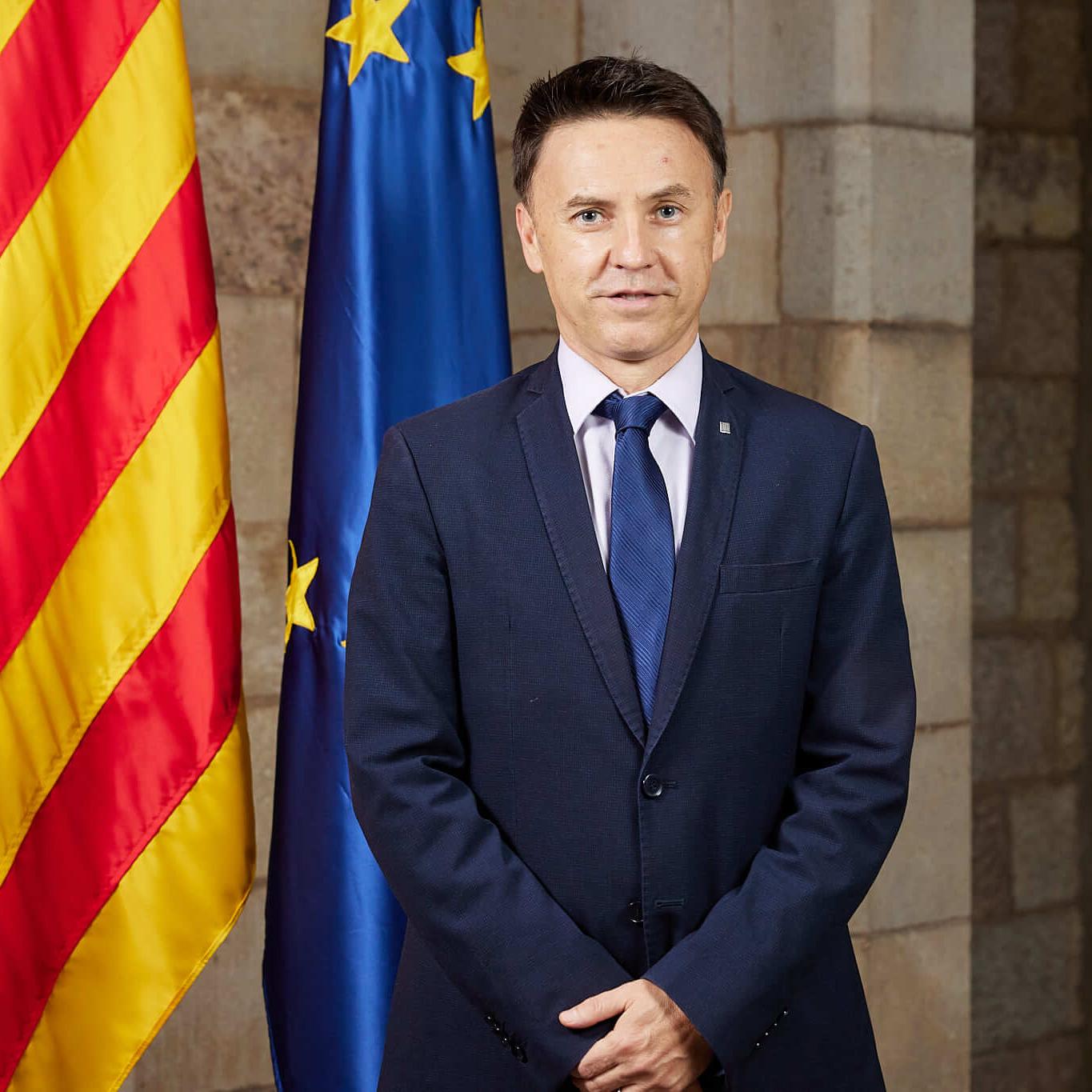
Only by understanding the dynamics, the interconnections and roles played by the different organizations, both domestically and internationally, can we envisage first to later foster the development of strategic partnerships between the United States and Catalonia.
Unquestionably the social sector in the United States is critical to the country’s overall functioning. It plays a crucial role to address societal challenges and ensure human rights not only within the country but also on a global scale. According to the Internal Revenue Service, nearly 2 million nonprofit organizations are currently registered in the United States, including charitable and political organizations, foundations, and social business among others, demonstrating the scope of this industry. It certainly deserves more attention.
The agenda of the Delegation of the Government of Catalonia to the United States and Canada includes positioning Catalonia as an international benchmark in delivering best practices to fight societal challenges and guarantee human rights, strengthening and consolidating relations with the American entities and institutions, as well as with multilateral organizations. Participation in major United Nations summits where issues concerning global challenges and human rights that are a priority to the Government of Catalonia, such as gender justice, the promotion of global health, the promotion of climate justice and sustainable development or conflict prevention and peace building, are addressed is one method of action.
But social transformation does not occur only at the highest levels. Grassroots organizations and social movements play a crucial role in driving social change, by increasing civic engagement, providing a means for people to advocate for their interests and to hold the government accountable, and serving communities.
Nonprofit organizations have traditionally played an essential role in the American social sector, addressing concerns such as poverty, education, and healthcare, as well as environmental sustainability, civil rights, and community development. These organizations are also uniquely positioned to provide services such as health care, food security, and affordable housing which the government frequently doesn’t provide as one would expect of an economic superpower. It’s nothing but the result of a different understanding of the role of the state in society, and it is perhaps the first thing we need to comprehend from a European perspective. It’s a must and it’s not that simple.
According to the American Hospital Association, nearly 3,000 of the country's nearly 6,000 hospitals are non-profits. Nonprofit hospitals employ more than twice as many people as the next largest nonprofit industries, which are colleges, private schools, and religious organizations.
The U.S. Department of Agriculture (USDA) reports that more than 34 million people, including 9 million children, in the country are food insecure. Food banks, soup kitchens, food pantries and other similar organizations are crucial to ensure families across the U.S. can keep healthy food on the table. The USDA invest millions of dollars in these organizations to support the distribution of food and bolster local food systems.
The government's reliance on nonprofit organizations is also seen at the local level. Charlotte, in the state of North Carolina, is one of the fastest growing cities in America: up to 120 people move there each day. The cost of renting or buying a home has skyrocketed, and many can't keep up. To face the lack of affordable housing – a nationwide crisis with a shortage of 7.3 million affordable and available rental homes for renters with extremely low incomes in the US- the City of Charlotte partners with several area nonprofits to help residents get a home.
But the relationship between government and non-profit sector is complex and needs to be understood before taking quick conclusions. While the U.S. government often relies on nonprofits to provide essential services to its citizens, studies show that the nonprofit sector depends on public funding to be able to provide these crucial services. Government funds account for approximately a third of revenue sources. Who depends on who then?
Beyond grassroots organizations and other charitable entities, a distinctive component of the social sector ecosystem in the United States are the foundations, providing the necessary resources – from individual donations and grants to corporate sponsorships and government contracts – to fulfill their missions. Among the many issue areas supported by foundations at a global level, the Council of Foundations reports human rights to be a top priority of globally focused U.S. foundations, with a focus ranging from reproductive rights to environmental justice to freedom of expression. Some of these foundations are incredibly large and have got massive amounts of financial resources to allocate in social programs. This is a result of the success of numerous U.S. multinational corporations, as well as the country’s fiscal system that allows economic resources to be channeled through 501c3 organizations. This is an unparalleled scenario in Europe. It is important to note that nearly half of global giving by U.S. foundations funds health and to better understand the magnitude, it’s only worth mentioning that some African governments rely on health infrastructure in the vast economic contributions of foundations like Bill & Melinda Gates.
The Delegation aims to promote effective and impactful cooperation between Catalonia and the United States by helping to foster the internationalization of knowledge and best practices among American and Catalan social organizations, as well as promoting partnerships that contribute to sharing lessons learned to be replicated at both sides of the Atlantic to help achieve these societal goals. The crucial question is most likely not what, but how. It makes little sense to do something in one side of the Atlantic that can be learned easily in the other. We must probably learn to transfer highly valuable knowledge, turning this action feasible on its own.
In this journey we are beginning, the first stop must be a full awareness of the reality and diversity of the social sector in the U.S., as well as the differences with their potential Catalan counterparts. Only by comprehending the dynamics, the interconnections and roles played by the different organizations, both domestically and internationally, we can envisage first to later foster the development of strategic partnerships between the United States and Catalonia and create a better future for all.
Welcome to this exciting journey if you are a Catalan nonprofit organization planning to develop stable cooperation with the US social sector. Welcome too if you are an American nonprofit interested in learning from the best practices many of the Catalan third sector entities have to share. There are plenty of complementarities that can lead to amazing projects that can help to make this a better world.
On behalf of the Delegation of Catalonia to the United States and Canada we are here to open the first gates for you and accelerate your road to success.



Add new comment